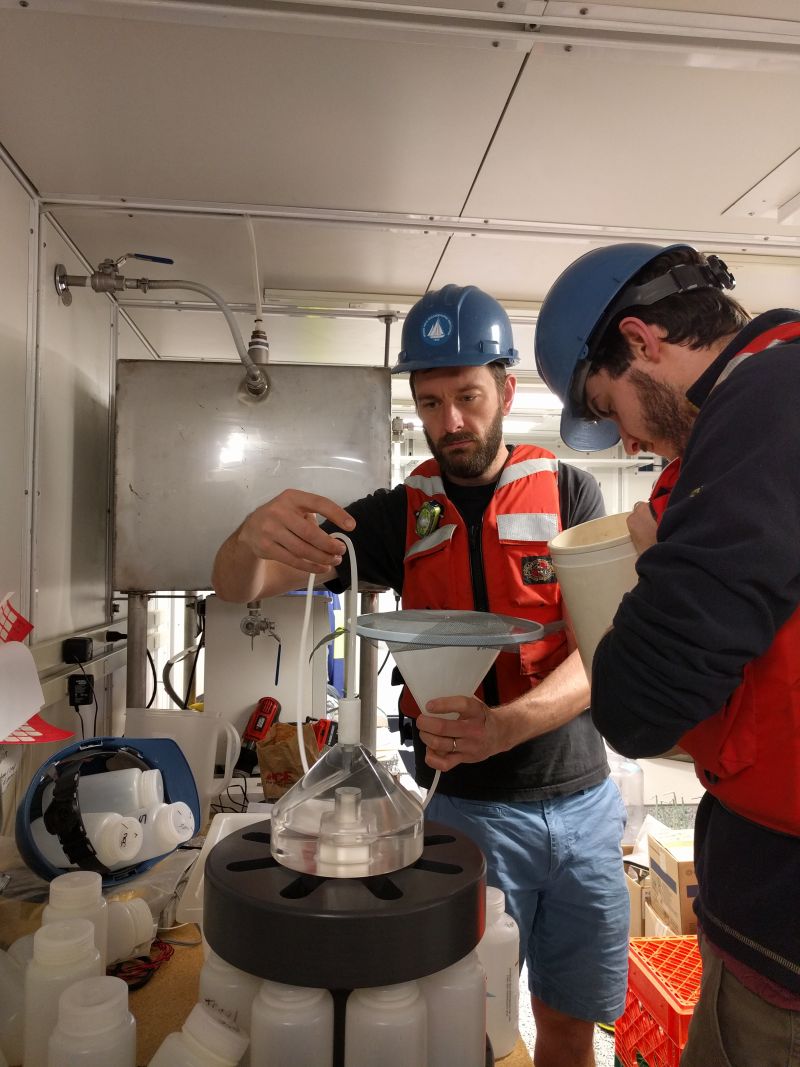The dietary preferences of bacteria that eat organic molecules called lipids can affect how carbon dioxide from the ocean's surface moves to the deep ocean, where it can be sequestered away for hundreds of years, potentially affecting future climate change, according to a new U.S. National Science Foundation-supported study published in Science.
"Our study marks a significant leap in understanding the molecular basis for why some carbon sinks to the deep sea and is sequestered," said Benjamin Van Mooy, a co-author and senior scientist in the Woods Hole Oceanographic Institution Marine Chemistry and Geochemistry Department.
The study suggests that if the bacteria cannot eat specific lipid molecules, the carbon-rich lipids are more likely to sink into the deep ocean, potentially sequestering the carbon in the lipids.
"Bacteria seem to have very distinct diet preferences for different lipid molecules," Van Mooy said in a university press release. "This study used state-of-the-art methods to link the molecular composition of the sinking biomass with its rates of degradation, which we were able to link to the dietary preferences of bacteria."
"Until now, we've been aware of dietary preferences in higher organisms such as zooplankton and fish, but generally haven't thought about bacteria having dietary preferences," said Elizabeth Canuel, an NSF program director.

About 5 to 30% of surface ocean particulate organic matter is composed of lipids, carbon-rich fatty acid biomolecules that microbes use for energy storage and cellular functions. As the organic matter sinks to the deep sea, microbes degrade and use the lipids.
Understanding this process can improve our ability to forecast global carbon changes. For example, geographic areas where more lipids reach the deep ocean without being degraded, or consumed, by bacteria could be hotspots for natural carbon sequestration.
The study relied on two NSF-funded projects, one on lipids in the upper ocean and one on fats in the upper ocean.






